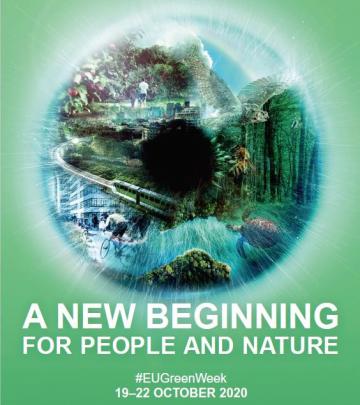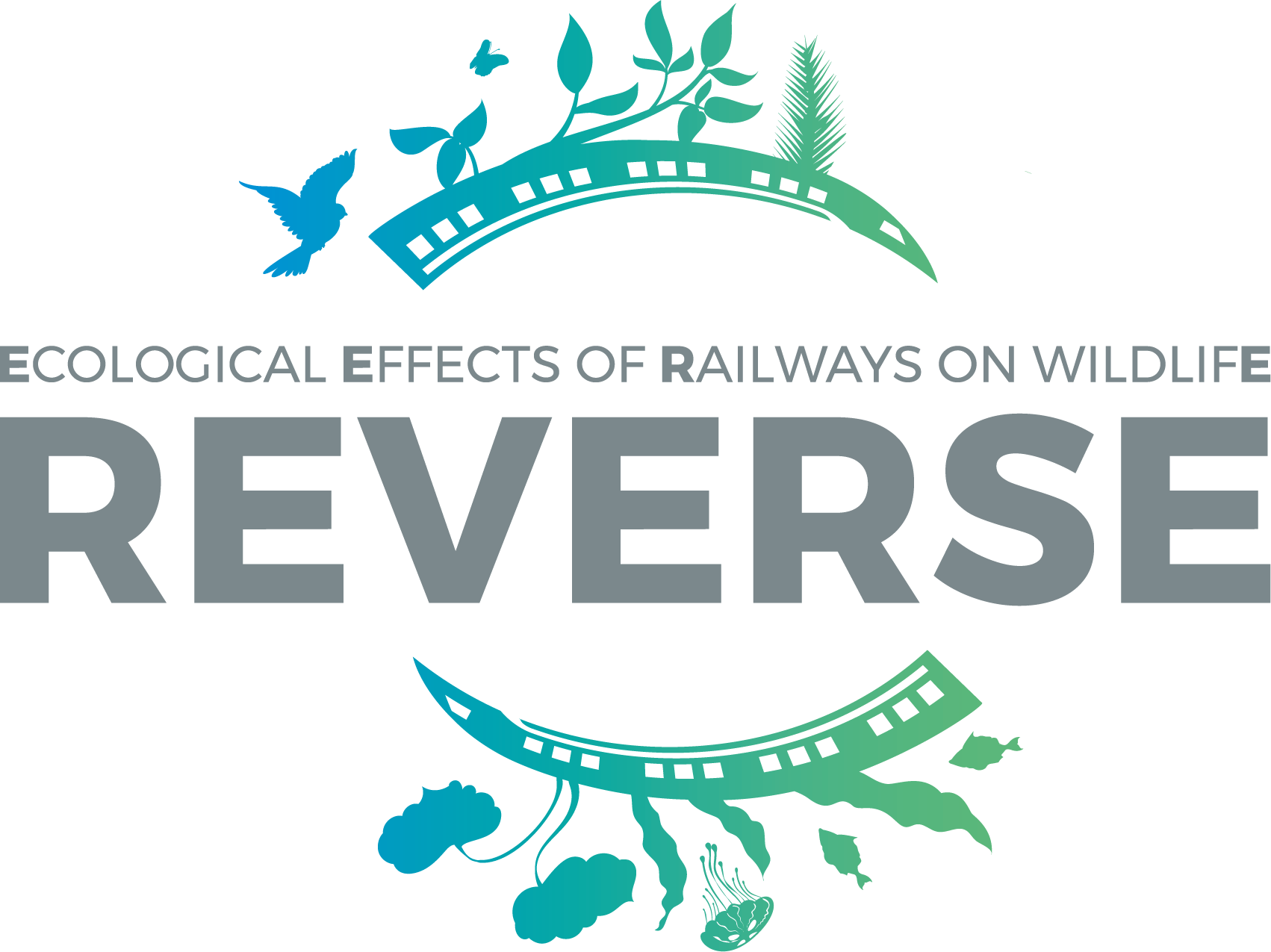SaveGREEN - Debutante
27-11-2020
The SaveGREEN project has had a non-stop commencement of activities, having said “present” in a series of professional events to introduce its objectives and synergies with projects and initiatives all over.
Between the months of October and November, the SaveGREEN project avidly participated to a series of events to introduce its planned work on ecological corridors to demonstrate ways of designing appropriate mitigation measures and maintaining or improving the functionality of said eco-corridors through integrated planning. Focused on critical ecological corridors of the Alpine-Carpathian Corridor, Southwestern Carpathians, Zakarpattia, Beskydy, Lyulin, and Balkan mountains — impacted by linear transport projects and unsustainable land use — SaveGREEN will derive proper recommendations for follow-up action and policy design.
The three events where SaveGREEN made its ‘debut’ were the EU Green Week 2020, the 18th European Week of Regions and Cities, and the kick-off meeting of the “Ecological Effects of Railways on Wildlife” (rEvERsE) project.
EU GreenWEEK and Partner events
Celebrating Interreg’s 30th anniversary, online workshops were held all across Europe, on the main EU Green WEEK event during the week of 19-23 October, to showcase examples of projects from the different Interreg programs that had impacts on Europe’s natural environment and had a focus on transnational ecological corridors in the Alpine, Carpathian and Adriatic-Ionian regions throughout the 1,5-month extended event series.

As part of EU GreenWEEK partner events were also held during a one month period from 14-23 September. To search topics and rewatch the webinars click here. On the 25th of September, the Green Carpathian webinar gave an overview of transnational cooperations that address the biggest threats to the biodiversity of the Carpathian Mountains. There were presentations from various Carpathian projects focusing on the protection of Carpathian biodiversity, including the Interreg projects TransGREEN, Centralparks, and ConnectGREEN, as well as the Interreg SaveGREEN itself alongside LIFE SwiPE. The full webinar can be found here (the presentation about SaveGREEN starts at 44:42). The workshop, highlighted the common objectives across mountainous areas in Europe, bringing answers to the needs and challenges that cannot be tackled within national borders, and explaining the benefits for EU programs and policy implementation.
The efforts to protect, maintain and sustainably manage ecological corridors and the natural resources they come with cannot be achieved by one sector or by one country alone, but require transnational and multi-sectoral cooperation and coordination, which is mainly processed by spatial planning and land use, and strategic planning in the EU countries. Following this, the process of protection of ecological corridors provides access to the implementation of the EU´s Birds and Habitats Directives, the Green Deal 2020, the Biodiversity Strategy, the SDG Agenda, and even the Key Actions for Large Carnivore Populations in Europe through ecological corridors — as that of the TEN-G system.

18th European Week of Regions and Cities
An annual four-day event for cities and regions to showcase their capacity to create growth and jobs, implement European Union cohesion policy, and prove the importance of the local and regional level for good European governance, the 18th European Week of Regions and Cities took place on 5-22 October 2020.
Alongside its predecessor projects TRANSGREEN and ConnectGREEN, the SaveGREEN project organised the presentation of the “EU eco-corridors: a mountain to climb” side event, held on 13 October 2020. Within it, facts and theories related to the future of eco-corridors in the region were at the epicentre of the discussion, which was further enhanced with an interactive Q&A session with the attendants.
The unavoidable common understanding among all who participated: in the next decade, cooperation between mountain areas will be crucial to preserving the existing assets for the next generations.
If you are interested in this discussion, you can access the recording of the event here and the presentations here.
Kick-Off meeting of the rEvERsE project

Last but not least, members of the SaveGREEN project team participated in the Kick-Off event of the Ecological Effects of Railways on Wildlife (rEvERsE) project, launched by the International Union of Railways (UIC) and held on 5th October
By initiating rEvERsE, the International Union of Railways recognises that biodiversity is vital to the environmental performance of the railway sector, on par with the contribution that traveling by train makes to the efforts to combat climate change. The project aims, above all, to explore the ecological impact of rail transport infrastructure on habitats and wildlife, and to highlight the positive effects that railways can have if managed in a biodiversity-sensitive way.
The meeting brought together numerous participants, all with a strong interest in matters of ecological connectivity in relation to transport infrastructure and, most certainly, with a special focus on railways. Organisations and companies present to the meeting included the Deutsche Bahn, the Austrian Federal Railways, Rete Ferroviaria Italiana, the French National Railway Company, the National Railway Company of Belgium, Network Rail, the Infrastructure and Ecology Network Europe (IENE), the UK Centre for Ecology & Hydrology (UKCEH), the environmental consultancy Minuartia, Spain, and WWF Central and Eastern Europe.
The meeting included UKCEH’s presentation on the Biodiversity Action Plan that will be developed for UIC in the course of the rEvERsE project — the final version of which is planned for the end of 2021. Furthermore, an open exchange among all participants ensued regarding regulations, on-going projects, and activities relevant to the interplay between rail infrastructure and biodiversity conservation in Europe.
Finally, alongside IENE and Minuartia, WWF-CEE presented SaveGREEN and its predecessor project TRANSGREEN, laying out the aims of the prior and the achievements of the latter, and the numerous opportunities for synergies that exist between these projects and rEvERsE.
